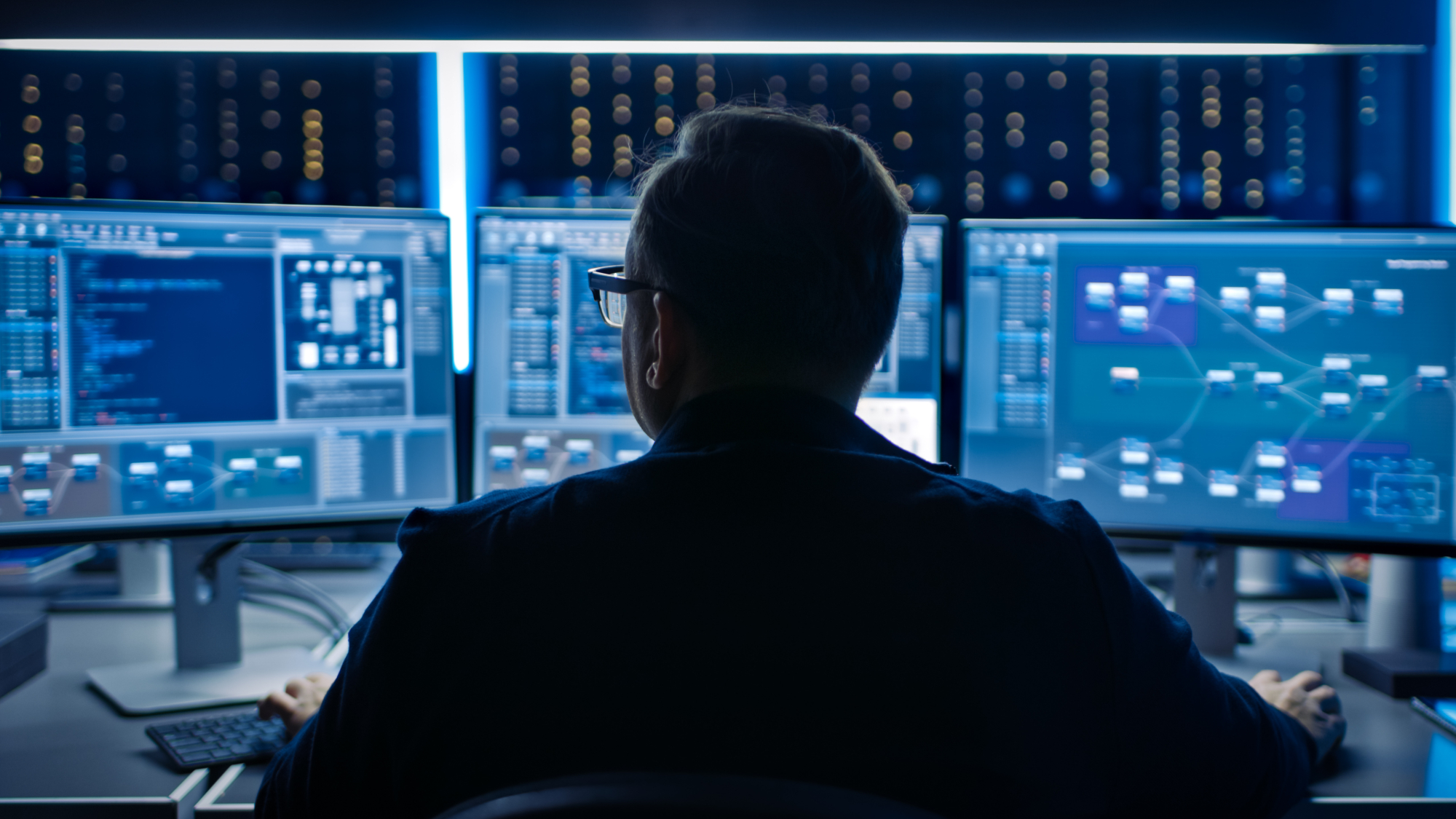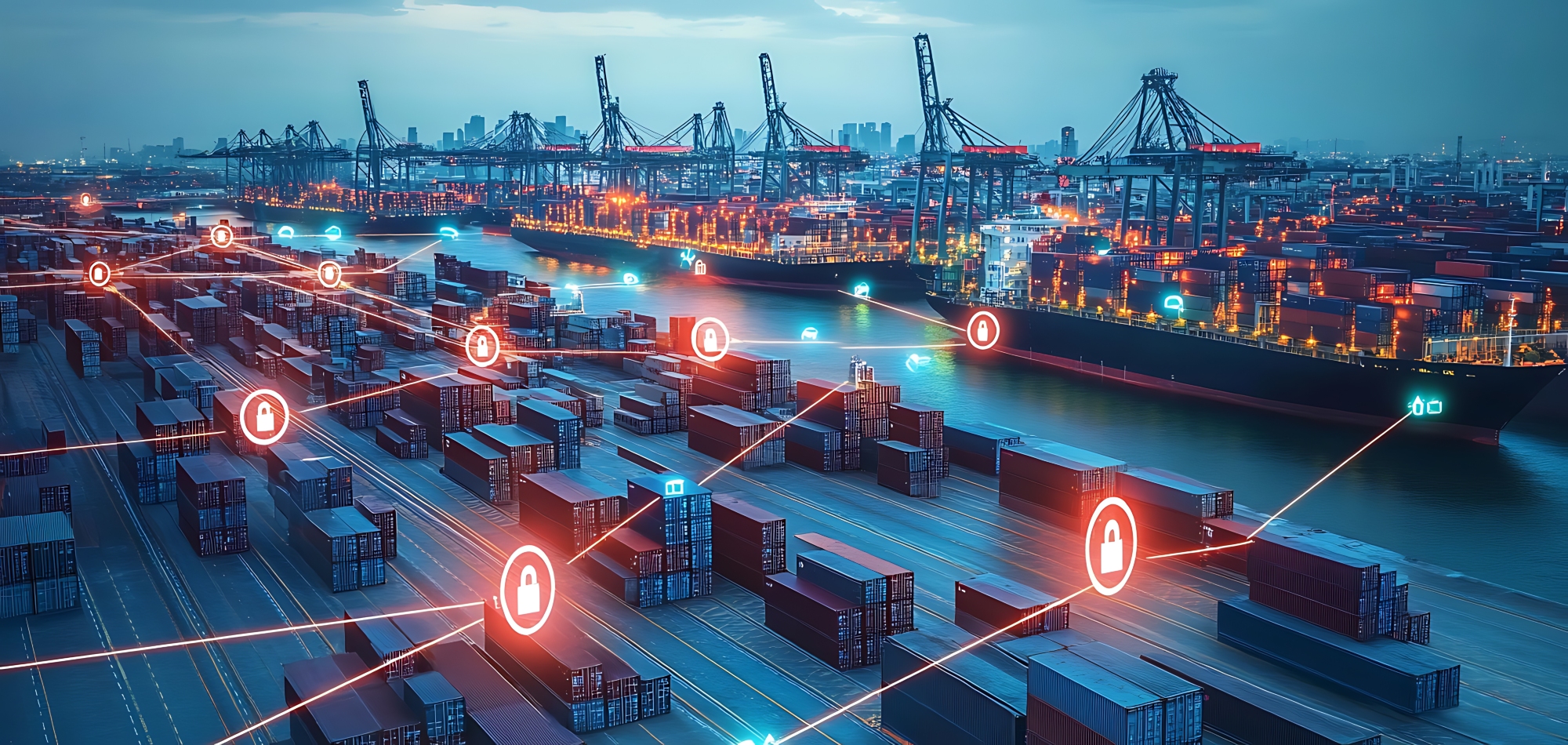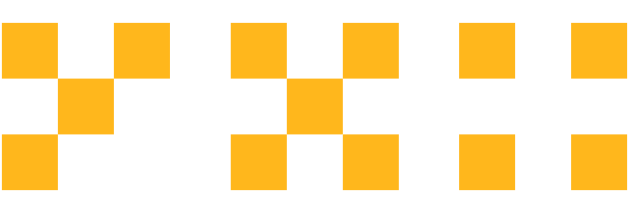Co-located with IEEE International Conference on Trust, Privacy and Security in Intelligent Systems and Application (IEEE TPS)
Call for Papers
Today’s critical systems and infrastructure are undergoing rapid transformation driven by digitalization and autonomy. The convergence of Operational Technology (OT) and Information Technology (IT) under the Fourth Industrial Revolution is enabling systems that are more flexible, efficient, adaptive, and even self-healing. However, these innovations also bring increased cyber risks. Ensuring resilience through protection, detection, and recovery from attacks is now essential for both terrestrial and space-based systems.
Space technologies are central to the Industrial Internet of Things (IIoT) and the broader 4th industrial revolution ecosystem. More than passive beneficiary, space systems actively shape this revolution by enabling global connectivity, remote sensing, and Earth observation. The entry of commercial players and the accessibility of space systems are accelerating this trend. At the same time, the unique environment of space operations introduces distinct security challenges. Systems rely on complex software and hardware that are vulnerable to supply chain manipulation, network-based threats, adversarial AI, and other sophisticated attacks. As space systems become increasingly integrated into critical infrastructure, addressing these vulnerabilities is paramount.
This workshop serves as a forum to explore security challenges of both terrestrial and non-terrestrial systems and potential mitigation methods. We invite researchers and practitioners to submit papers on security, privacy and trust in critical systems and infrastructures. We welcome submissions that address the unique challenges faced by a wide range of critical systems. This year we will focus on OT security and cybersecurity of space systems. Yet, other critical systems will also be considered, such as energy grid, chemical reactors, microreactors, water treatment plants.
Registration: Please follow the instructions of the main conference to register.
Location: Wyndham Grand Pittsburgh Downtown, on Nov 11, 2025. Please check the hotel group rate.
IMPORTANT DATES

- Submission deadline: extended to - Sep. 3, 2025
- Acceptance notification: Sep. 30, 2025
- Final version due: Oct. 10, 2025
Topics
Topics of interest include, but are not limited to:
- Threat modeling to identify and mitigate security risks in critical infrastructure
- Supply chain security
- Secure and resilient space systems and technologies
- Cyber-informed engineering, secure by design, and resilient engineering systems design
- Artificial intelligence (AI) for securing vs. exploiting AI in critical infrastructure
- Adversarial machine learning attacks and defenses in critical infrastructure
- Intrusion detection techniques for critical infrastructure
- Risk assessment and mitigation for critical infrastructure security
- Potential of emerging technologies for critical infrastructure security
- Trust assessment and management in critical infrastructure
- Operational Technology (OT) security and resiliency
- Secure and resilient IT-OT integration
- Digital twins for cybersecurity and resiliency
- Governance Frameworks for securing and sustaining resilience in critical infrastructure
- Benchmarking resilience in critical infrastructure – Models, Metrics, and Methods

Submission
Workshop papers should follow the same submission guidelines and instructions for the main conference (IEEE TPS). The paper should not exceed 10 pages, including references. Standard IEEE conference paper format should be used. The IEEE two-column conference template can be downloaded from here.
Please go to: submission link
Choose author- new submission, then select the IEEE Workshop on Security and Resiliency of Critical Infrastructure and Space Technologies.
For Camera Ready paper: Please submit and follow the guidelines here: Camera-Ready submission
For questions, please contact the workshop organizers.
Organizing Committee
General Chairs:
Mai Abdelhakim, University of Pittsburgh [maia@pitt.edu]
Robert Cunningham, University of Pittsburgh [robertkcunningham@pitt.edu]
Technical Program Committee Chairs:
Co-chair: Gregory Falco, Cornell University, gfalco@cornell.edu
Co-chair: Mohan Baruwal Chhetri, CSIRO, mohan.baruwalchhetri@data61.csiro.au
Co-chair: Daisuke Mashima, Singapore University of Technology and Design (SUTD), daisuke_mashima@sutd.edu.sg
Technical Program Committee Members
Masoud Barati, University of Pittsburgh
Lee Maccarone, Sandia National Laboratories
Ertem Esiner, Illinois Advanced Research Center at Singapore
Utku Tefek, Illinois Advanced Research Center at Singapore
Matheus Eduardo Garbelini, Singapore University of Technologies and Design
Tooba Aamir, CSIRO
M.A.P. Chamikara, CSIRO
Daniel Petrus Reijsbergen, iTrust
Awais Yousaf, iTrust
Gauthama Raman Mani Iyer Ramani, iTrust
Waleed Al Gobi, KFUPM
Yan Lin Aung, University of Derby
Arun Viswanathan, Microsoft
James Curbo, Johns Hopkins University Applied Physics Laboratory

